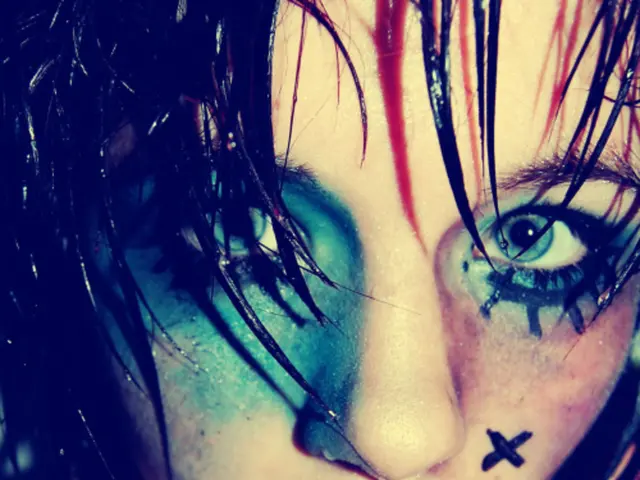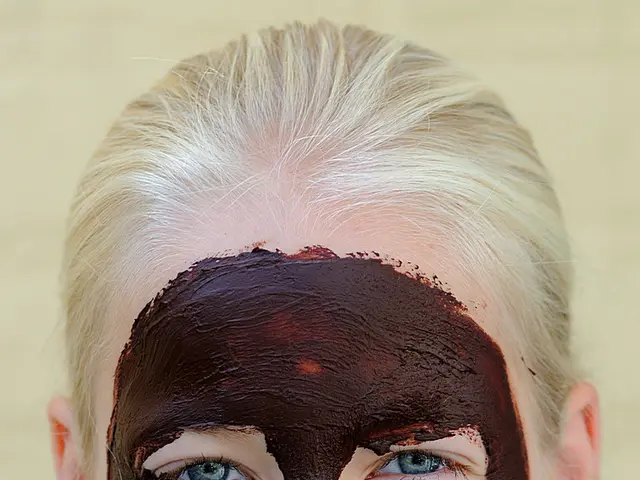Severe Sunburn Soreness: When is Medical Attention Necessary?
A day spent basking in the sun at the beach can result in a severe sunburn, potentially posing several health risks. Dr. Amy Kassouf, a dermatologist at the Cleveland Clinic, echoes this concern, explaining that sunburns, similar to thermal burns, can cause damage to your DNA and lead to various health problems.
When Medical Attention is Necessary
Although a small first-degree sunburn might not pose serious health issues, continuing exposure to ultraviolet radiation may lead to concerning symptoms. seek immediate medical care if you experience any of the following:
- A first-degree burn covering your entire body, increasing the risk of heat-related illness.
- Large areas of blistered skin, increasing the risk of infection.
- Symptoms of sickness or dehydration, such as fever, chills, or fainting.
Blistering skin usually indicates more extensive damage to the deeper layers of your skin, which could increase the risk of dehydration, fever, inflammation, and infection.
Sunburn-Related Health Issues
Second-degree sunburns can lead to various health issues, such as:
- Dehydration: Severe sunburn can cause the skin to lose its ability to retain moisture, leading to dehydration. Watch for symptoms like dry mouth, inability to urinate, constipation, disorientation, dizziness, exhaustion, headache, and confusion.
- Sun Poisoning: This condition is akin to an allergic reaction to a sunburn, causing skin inflammation due to extreme UV radiation exposure. In addition to the typical sunburn symptoms, sun poisoning may bring on a burning sensation, chills, extreme thirst, itchiness, nausea, and a rash.
- Heat Exhaustion: although not limited to high temperatures, heat exhaustion can accompany severe sunburns. Initial symptoms include fatigue, dizziness, intense thirst, fever, headache, and sweating heavily.
- Heatstroke: A less frequent but more severe condition, heatstroke happens when the body can no longer regulate its temperature. Symptoms may include extreme sweating or dry skin (depending on dehydration), loss of consciousness, mental impairments, seizures, and extremely high body temperature.
- Infection: As blisters break and expose lower layers of skin a few days after the burn, the risk of infection increases. Watch for an increase in redness, pain, swelling, severe fever, and a covering of pus or crust over the open site.
Prompt medical attention is essential if systemic symptoms or extensive blistering occur. Your skin being compromised can lead to various health issues, including heat-related trauma, dehydration, low blood pressure, and shock.
[1] American Academy of Dermatology. (2020). Sunburn: First Aid and Treatment. [http://www.aad.org/media/news-releases/sunburn-first-aid-and-treatment]
[3] Mayo Clinic. (2021). Sunburn Treatment and Home Remedies. [http://www.mayoclinic.org/first-aid/first-aid- sunburn-treatments/basics/art-20056642]
[4] National Library of Medicine. (2021). Sunburn. [http://www.nlm.nih.gov/medlineplus/ency/article/000021.htm]
- The health risks of sunburns extend beyond just the skin, as severe sunburn can lead to dehydration, heat-related illnesses like heat exhaustion and heatstroke, and increased risk of infection.
- It is crucial to seek immediate medical care if you experience extensive blistering, symptoms of dehydration, or signs of heat-related illnesses, as prolonged exposure to ultraviolet radiation and compromised skin can lead to various health issues.








